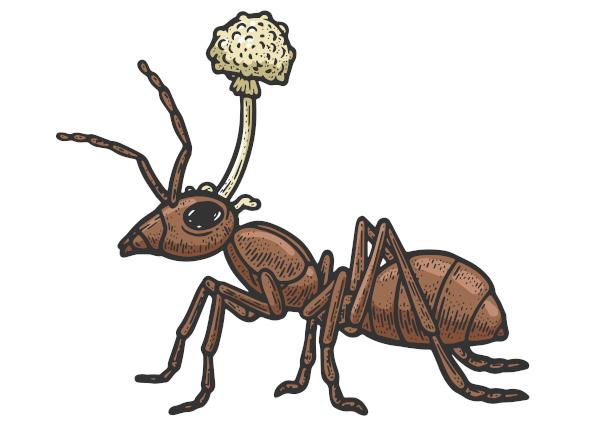Scientists at Johns Hopkins University, USU.S, at the University of Marseille, in France, and the Collaborating Center for Traveler's Health at World Health Organization (WHO), at Switzerland, released an article in the scientific journal New Microbes and New Infections warning about the risks of contamination associated with world Cup, at the Qatar.
Among the risks raised by scholars is the worsening health of people, such as those with chronic and immunosuppressed diseases, who have contact with camels.
In addition, this group of people should also avoid food derived from the animal or food that has not been properly cooked. This is because there is a possibility of contamination with Middle East Respiratory Syndrome (MERS), also caused by a coronavirus.
According to the scientists, MERS-CoV has caused several hospital outbreaks inSaudi Arabia and caused a limited number of cases in Qatar and the pattern was sporadic.
Epidemiological data from Qatar signaled the occurrence of 28 cases of MERS (incidence of 1.7 per 1,000,000 inhabitants). Most cases had a history of contact with camels.
As a result, people most at risk of developing serious illness are being advised to avoid contact. with dromedary camels, drinking raw camel milk or camel urine, or eating meat that has not been properly cooked.
Read too: Countries participating in the 2022 World Cup
Middle East Respiratory Syndrome (MERS)
MERS was first identified in Saudi Arabia in 2012, and has since caused nearly 1,000 deaths in 27 places. Most diagnoses are concentrated on the country in which it was detected, but as camels are reservoirs of the virus, the researchers warn of the possibility that the size of the event, such as the World Cup in Qatar, favor the contact of animals with people more susceptible to infection.
Do not stop now... There's more after the publicity ;)
The article also highlighted the risks of the event, which estimates a total of 1.2 million visitors, at a time when two international health emergencies are occurring simultaneously: that of Covid-19and that ofmonkey pox.
However, the scientists inform in the publication that there is no reason to panic, since the Ministry of Health of the host country is prepared to deal with occurrences and recommend that travelers are up to date with the vaccination, emphasizing that, although the risk is lower, there is still the possibility of spreading other diseases, such as measles It is hepatitis A It is B.
The European Center for Disease Control and Prevention (ECDC) also issued a similar warning. In addition to reinforcing the importance of vaccine, including against the flu, the agency highlighted hygiene measures that can prevent contamination.
See some of them:
- Regular hand washing with soap
- Drink safe water (bottled, chlorinated or boiled before consumption)
- Eat well-cooked food
- Carefully wash fruits and vegetables with clean water before consumption
- Staying at home or in a hotel room when sick
Discover the cuisine of Brazil's opponents in the 2022 World Cup
By Erica Caetano
Journalist
*image credit
Reproduction Shutterstock / Alexandra Lande



